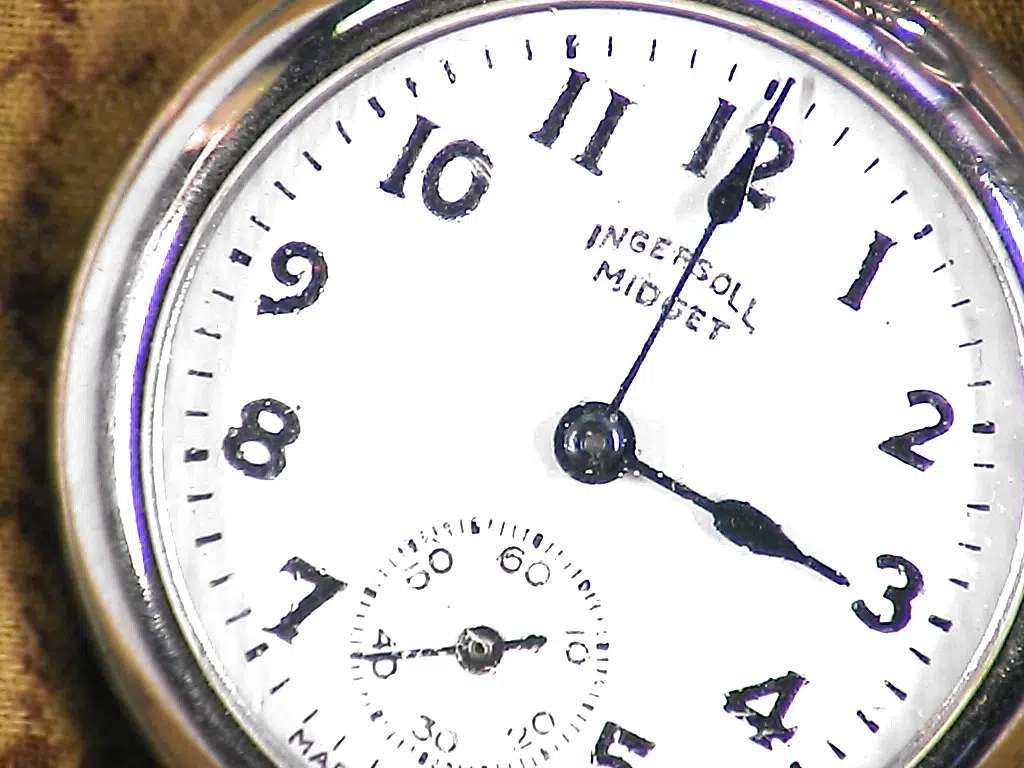Whether we like it or not, we’ll spring forward by one hour this Sunday morning, March 14, when Daylight Saving Time begins.
A sleep researcher says changing the time twice a year is definitely not a positive thing for our biological clocks.
Dr. Julie Carrier says for most of us, it will take our bodies about two days to adjust to the new time and exposure to light helps a lot.
“It’s very difficult for our biological clocks to become sleepy earlier and wake up earlier for the springtime change.”
Carrier says studies have shown an increase in car accidents after the change and many are often late for work or school due to losing one hour’s sleep.
Other studies have suggested the time change can be linked to an increase in cardiovascular diseases.
Ontario and British Columbia have considered sticking with Daylight Saving Time year-round but are not committed to any firm decisions until neighbouring provinces and American states get on board.
New Brunswick Premier Blaine Higgs said last year he would consider ending biannual time changes if the other Atlantic premiers agreed.







